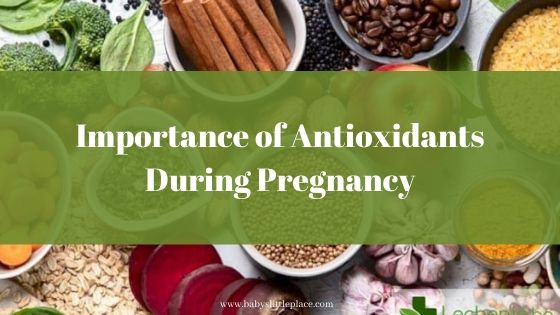
The Importance of Antioxidants During Pregnancy
Our body is a complex system, influenced by various external factors, our lifestyle and the food we eat every day. Because of our lifestyle free radicals are continuously forming in the body. Those are poisons that cause chronic diseases and accelerate aging. Antioxidants protect us from those harmful effects. The importance of antioxidants during pregnancy is even bigger as they not only protect pregnant women but their unborn baby as well!
Antioxidants in our bodies are used to kill free radicals, so we need to replace them over and over. How? With food rich in antioxidants!
Important antioxidants for pregnant women
- vitamin A
- vitamin C
- vitamin E
- selenium
- flavonoids
- polyphenols
The antioxidants’ role in pregnancy
Vitamin C (ascorbic acid)
Vitamin C plays an important role in the development of the fetus’s brain. It is known for having a positive effect on the immune system, controlling the level of blood sugar, preventing the accumulation of cholesterol in the vascular walls, improving the functioning of the lungs and intestines, protecting collagen fibers and eyes, and helping to reduce stress.
Vitamin C also helps to restore the antioxidant properties of vitamin E.
Foods rich in Vitamin C:
blueberries, currants, citrus, melons, kiwi, strawberries, pineapple and other fruits, parsley, kale, cauliflower, tomato, spinach, peppers, and other vegetables
Vitamin E (tocopherol)
Vitamin E (tocopherol) is crucial for cell metabolism. This vitamin prevents the aging of tissues and cells’ dying. It is also responsible for the proper formation and growth of the placenta!
Vitamin E is fat-soluble, so it is important to eat food with sufficient fat content as well.
Foods rich in Vitamin E:
cold-pressed vegetable oils, nuts, bran, cereals, legumes, spinach
Vitamin A
For the synthesis of vitamin A, we need beta-carotenoids. Beta-carotene is a substance from the carotenoid group, also called provitamin A, which is synthesized in the body into vitamin A.
Vitamin A is necessary for the fetus’s development, for normal reproductive functions, for the light and color detection and the development of bones. It increases our immune resistance, strengthens hair and nails, and helps with skin problems.
Foods rich in Vitamin A:
carrots, tomatoes, eggs, fish oil, milk, yellow fruits and vegetables, and green vegetables
Selenium
Selenium is a micronutrient that helps in the proper functioning of the thyroid, protects livers, protects us against environmental influences, and heart disease.
Foods rich in Selenium:
cereals, fish and seafood, eggs, meat, and milk
Flavonoids
Most flavonoids are in fresh vegetables and fruits. During storage, their quantity decreases. They are heat persistent and water-soluble. When cooking, they get into the water, so we pour them away. To avoid this, cook rather in steam.
They are powerful antioxidants that neutralize free radicals and protect against cancer. In addition, they inhibit the development of harmful bacteria and viruses. Flavonoids protect us against cardiovascular diseases and take care of healthy blood.
Foods rich in Flavonoids:
citrus, plums, apples, nuts and beans, tea and dark chocolate
Polyphenols
Polyphenols act as antioxidants, which prevents inflammatory, cancer, virus, and bacterial infections. Polyphenols improve your health by lowering cholesterol and blood pressure.
Foods rich in Polyphenols:
cloves, star anise, cocoa powder, flaxseed, chestnut
READ ALSO:
Antioxidant supplements
Should pregnant women consume only antioxidants from food, or is it safe to take supplements too?
Of course, it is recommended that a pregnant woman obtain as many antioxidants as possible by eating healthy foods. But, what if she can’t ingest a sufficient amount of antioxidants? Is it safe taking dietary supplements during pregnancy?
Your second option is taking dietary supplements rich in antioxidants. Dietary supplements can contain synthesized vitamins or natural extracts containing vitamins.
Should you take antioxidant supplements during pregnancy?
Natural and synthetic vitamins are the same in their function and chemical structure. However, the best for the body, especially during pregnancy is a natural way.
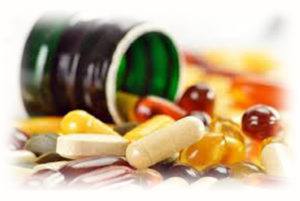
Take antioxidant supplements with caution, so there won’t be a risk for overdose with vitamins. But don’t panic! Overdose with vitamins of natural origin is very rear. If we are talking about water-soluble vitamins, (C, B, D) that’s not even possible. Why? Because our body excretes the excess of water-soluble vitamins with the urine.
A bit more caution is needed in fat-soluble vitamins (A, D, E, K), especially during pregnancy. The excess of fat-soluble vitamins accumulate in body fat and is not excreted.
In the case of taking vitamin dietary supplements, you must carefully follow the recommended daily intake and provided instructions.
The need for vitamins and minerals is increased during pregnancy, so yes, taking dietary supplements is rational and advisable.
Also, due to health or other circumstances, some pregnant women can’t ingest sufficient amounts of antioxidants from food. Deciding on vitamin supplements is the best choice for them too!
Talk to your doctor or pregnancy adviser before taking any dietary supplements!
Food rich in antioxidants
Food rich in antioxidants plays an extremely important role in the fight against free radicals! Most antioxidants are found in fruit and vegetables, so it is important to eat them every day during pregnancy. Legumes, whole grains, and their products don’t lag behind them as well. A pregnant woman will enter a sufficient amount of antioxidants into her body if she consumes the following food groups daily.
RELATED:
Fruits rich in antioxidants:
- lemon
- mandarin
- orange
- apricot
- peach
- apple
- raspberry
- currant
- watermelon
- grapes
- kiwi
Vegetables rich in antioxidants:
- broccoli
- spinach
- lettuce
- cabbage
- peppers
- carrots
- tomatoes
- beets
- cauliflower

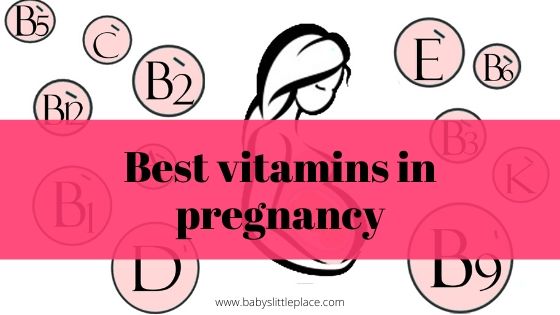
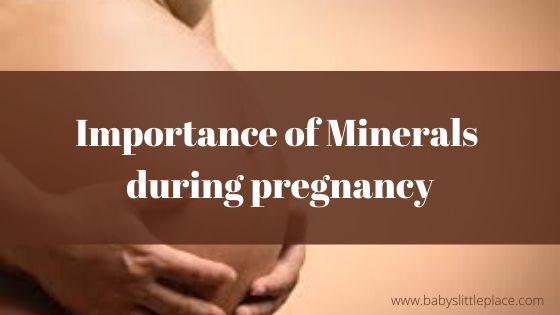
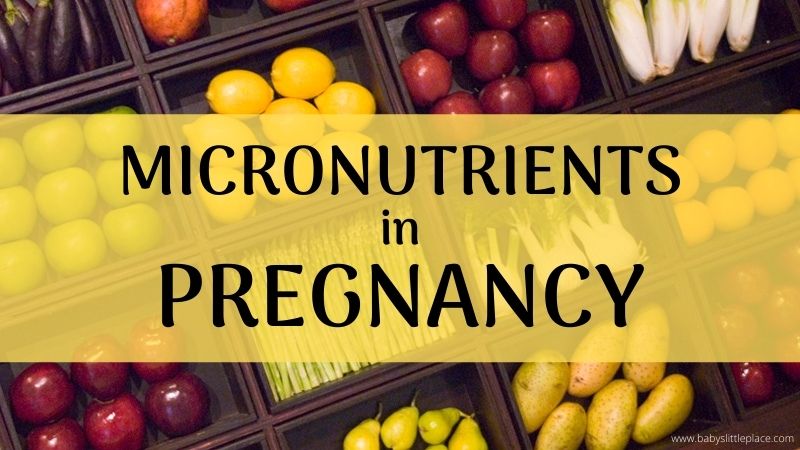
Thanks! now I know what I should do.
I have 9 week of pregnancy.
Congratulations on your pregnancy. May this special time be filled with health and lots of love!
Baby’s Little Place